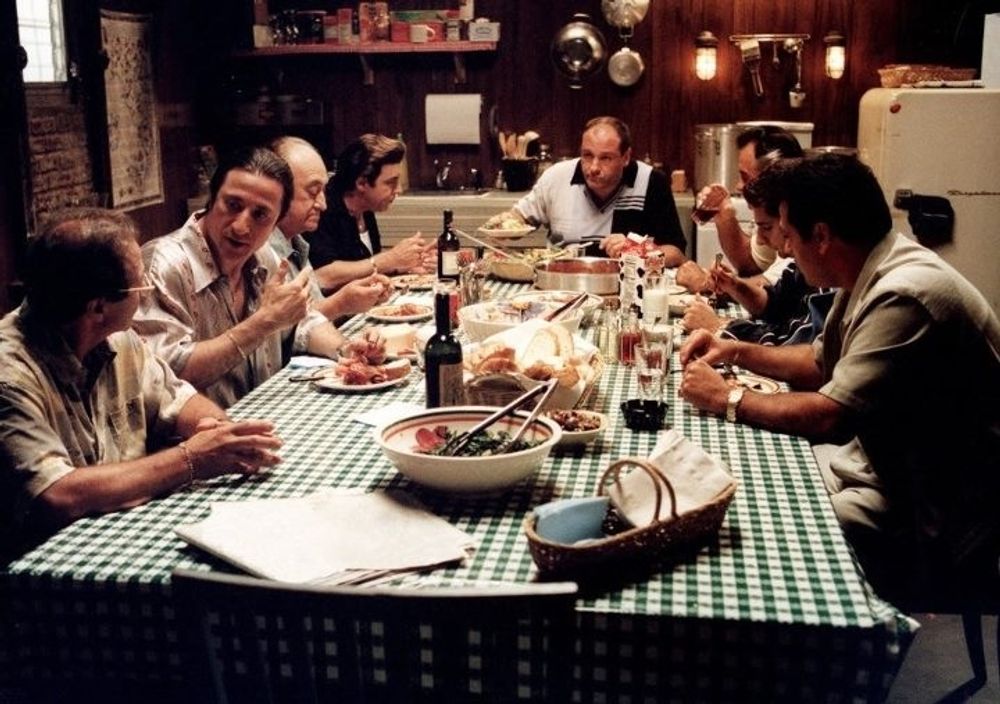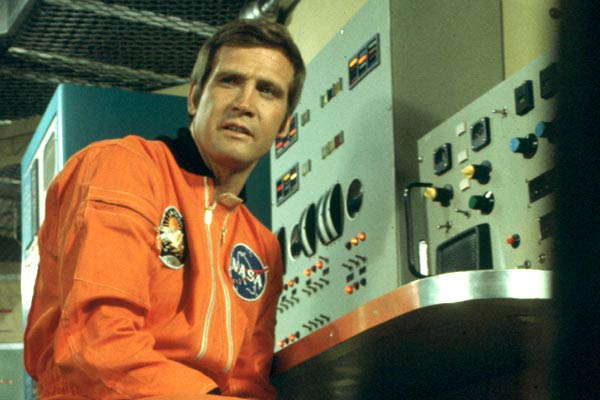Have you got the right skills in your business to adapt to the big challenges ahead?
Fans of Seventies TV show The Six Million Dollar Man will only be too familiar with the line: “We can rebuild him; we have the technology”.
OK it’s a bit of a leap to take that as inspiration for the modern wine industry, but hold on, here goes. The sector is currently facing some of the biggest and most demanding challenges of this generation and is going to have to use, adapt and apply any tools it can get its hand on to come out the other side not seriously damaged.
The skill is going to be knowing which of those tools is relevant and necessary for your business, assuming you know they even exist in the first place.
But the perfect storm of an uncompetitive pound, rising food and drink prices, growing consumer uncertainty and the shadow of Brexit and the impact that might have on trading and the economy is the backdrop against which drinks businesses are having to operate and find new skills to survive.
Not to mention the normal day-to-day competitive tensions that exist within the wine and spirits sectors of the industry.
Fun of the fair

London was the place to do business this week: for those that invested their time to be there
All of which was there to see and experience at this week’s London Wine Fair. The fact the show was markedly smaller in terms of the number of overall exhibitors is only to be expected considering the tough market conditions all wine companies are having to deal with.
It’s very easy to make LWF itself the scapegoat for the fact a number of major wine distributors were not present, but that would be ignoring the wider factors at play here.
It was striking that the big national players Enotria&Co, Liberty Wines, Matthew Clark and Bibendum were not there. But then they all hold regular increasingly expensive major portfolio tastings so they are operating on a different level to most of the rest of the trade. They would also have been hit the most by the huge drop in sterling over the last 12 months and with no sign of the rate improving it is understandable, on the face of it, they might want to keep back cash to help them navigate the months ahead.
Producer backlash
But all those that did stay away might want to bear this mind. It was noticeable how many of the bigger international wine producers that were there, particularly from Europe and France, who were quite happy to break ranks and criticise their absence. Conversations with The Buyer were regularly interrupted by major producers wanting to have their say.
The message being that with Brexit looming the spotlight is very much on the UK. And not in a good way.
If we are here as major producers investing, putting our money in to the UK wine industry when there are bigger profits, margins and opportunities elsewhere in the world, then it is a bit of a kick in the teeth to turn up to find three of the UK’s top five distributors not there. Not helped by the fact that other players in the top 10 to 15 UK suppliers had also chosen to save their exhibition money this year. If they are not prepared to take a hit to be there, then why should we be, they asked.
Flying the flag

Hallgarten’s Andrew Bewes is putting people and management skills at the top of its agenda
The biggest operator that did fly the LWF flag was Hallgarten Druitt & Novum Wines . Now it might be the first time its managing director, Andrew Bewes, has been compared to Lee Majors, but like the Six Million Dollar Man, he is 100% focused on the need to rebuild, and apply technology and new skills to admittedly the Hallgarten business rather than necessarily his own personal body.
Bewes is one of the drinks industry’s great strategists. Forever somewhere in a three year business plan with clear goals, targets and objectives to help the business grow.
Yes, ultimately Hallgarten is all about trying to be the most effective and efficient national wine specialist supplier, but to achieve that it needs to get an awful lot of non-wine factors right first.
Over the last five to seven years every aspect of the Hallgarten business has been re-assessed and re-purposed to make it more effective as a drinks distributor. It has meant ripping out and replacing outdated management and operating computer systems, investing in new logistics procedures and bringing in a new talent pool of people right through the business.
We have the skills…
The next stage of the Hallgarten re-building programme will see a major investment in new skills training for its sales and management teams. Whilst having core WSET skills will still be vital for all members of the company, those on the front line, as it were, working with customers need to have far better sales, and people skills to take the business on to the next level.
Equally its line managers will be offered training to improve their all round management and leadership skills.
“It is putting in place a blueprint to help professionalise the business even more and consolidate the changes we have already made,” stresses Bewes. “It is all about changing people’s mindsets as well as their skill sets.”
It’s also about getting more people out in to the market with the right business and management skills that means they can really become proper trade partners with their customers and not just a wine supplier.
“It is a given now that we all have good wine, it is about how you can add value and what that value is,” he addds.
“Most restaurants, for example, work in silo, and lead a generally insular life and have to be multi-tasking across everything from food and wine menus through to recruitment, finance, purchasing and staffing. They don’t have time to be travelling around looking at food and restaurant trends,” he adds. But Hallgarten (and its competitors) do.
Practical front line support

Would you have the confidence to serve this table of customers their wine?
Its new sales and management skills training is going to be focused around arming restaurants with the practical support they need from a top line overall trends and insights point of view, right through to providing front of house staff with the confidence to talk about wine that is relevant to their restaurant and their menu.
“How do we help them help their customers navigate their way around a wine list in the same way they do the food menu,” says Bewes.
It might mean adopting more of a “if you like this, you’ll like that approach” that customers can easily buy in to.
People skills are also important for its sales team when they are out visit existing or trying to find new customers. You don’t want customers’ hearts to sink when they walk through the door. “If you can create a connection between two people then they are more likely to like the wine you show them,” says Bewes.
Preparing for the future
It is also doing a lot of work around how its customers can interact better with the Hallgarten business. So as well as the steps to improve the personal sales experience it is also working on putting in place more efficient and interactive ordering systems.
“We are having to second guess how our customers are going to want to order their wine in the future,” says Bewes. “We have already seen huge changes in that area in recent years and there are a lot more to come. Then there is how our customers are becoming more involved in home delivery and what role we have there.”
He adds: “We are having to change our business model. How we operate now may not be the same in the future.”
The last line of which could have come straight out of the Six Million Dollar Man. Perhaps Bewes has more in common with Lee Majors after all.
































